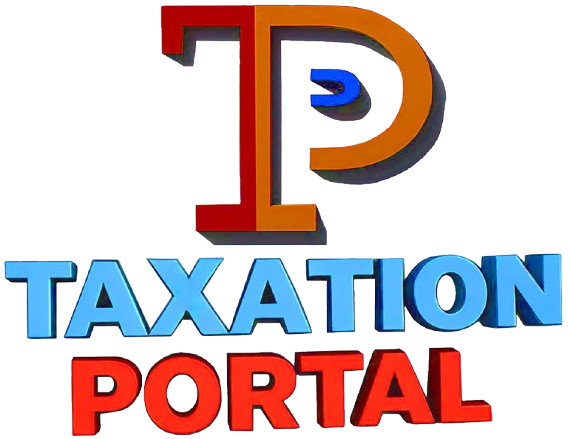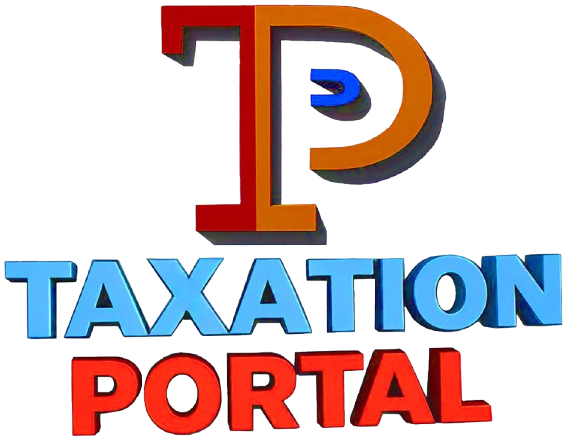
GoogleSocial MediaReferralOther
Registrations Services
“Registration” is a broad term, and in the context of business or legal entities in India, it can refer to many different types of registrations, each serving a specific purpose and governed by different laws.
Business Structure Registrations
This is the very first step when starting a business, determining its legal identity.
Sole Proprietorship
- Description: The simplest form, owned and managed by a single individual. There’s no separate legal entity from the owner.
- Registration: No specific registration is required under a dedicated act. However, the proprietor needs to obtain other business-related registrations like:
- Udyam Registration (MSME): Highly recommended for benefits.
- GST Registration: If turnover exceeds threshold or voluntarily.
- Shop & Establishment Act Registration: Mandatory in most states for retail shops/establishments.
- PAN and Aadhaar: Personal PAN is used for business.
- Bank Account: A current account in the business name (linking to proprietor’s PAN).
Partnership Firm
- Description: Two or more individuals agree to share profits of a business carried on by all or any of them acting for all. Governed by the Indian Partnership Act, 1932.
- Registration:
- Optional Registration with Registrar of Firms (RoF): While not mandatory, it’s highly advisable for legal benefits (e.g., ability to sue third parties).
- Partnership Deed: Essential, whether registered or not, outlining terms and conditions.
- PAN: The firm will have its own PAN.
- Other registrations like GST, Shop & Establishment Act, etc., as applicable.
Limited Liability Partnership (LLP)
- Description: A hybrid structure combining the benefits of a company (limited liability) and a partnership (flexibility). Governed by the Limited Liability Partnership Act, 2008. It’s a separate legal entity.
- Registration Process (Online via Ministry of Corporate Affairs – MCA portal):
- Obtain Digital Signature Certificate (DSC): For designated partners.
- Obtain Designated Partner Identification Number (DPIN): For designated partners.
- Reserve LLP Name: File Form RUN-LLP on MCA portal.
- File Incorporation Form (FiLLiP): With Registrar of Companies (RoC).
- File LLP Agreement (Form 3): Within 30 days of incorporation.
- Receive Certificate of Incorporation: From RoC.
Private Limited Company
- Description: The most common form for startups and growing businesses. It’s a separate legal entity with limited liability for its shareholders. Governed by the Companies Act, 2013.
- Registration Process (Online via MCA portal, largely integrated now via SPICe+ form):
- Obtain DSC & DIN: For proposed directors.
- Name Approval: Via Part A of SPICe+ (or separately via RUN form).
- Application for Incorporation (SPICe+ Part B): Integrated form for:
- Application for PAN & TAN.
- Mandatory ESI & EPF registration (if applicable).
- GSTIN (if applicable).
- Bank Account opening.
- Memorandum of Association (MOA) & Articles of Association (AOA): Draft and file these.
- Receive Certificate of Incorporation: From RoC.
One Person Company (OPC)
- Description: A company form allowing a single person to incorporate a company with limited liability. Combines features of sole proprietorship and company.
- Registration: Similar process to Private Limited Company, but with specific requirements for the single director/shareholder and nominee.
Public Limited Company
- Description: A company whose shares can be offered to the public. More stringent compliance requirements than a private limited company.
- Registration: Similar to Private Limited Company but with specific minimum member/director requirements and more extensive compliance.
Section 8 Company (Non-Profit Organization)
- Description: Companies formed for promoting commerce, art, science, sports, education, research, social welfare, religion, charity, protection of environment, etc., with no objective of making profit.
- Registration: Specific licensing from the Central Government is required, in addition to standard company incorporation procedures.
Tax and Compliance-Related Registrations
These are usually required after you’ve chosen and registered your business structure.
Goods and Services Tax (GST) Registration
- Purpose: Mandatory for businesses with turnover exceeding specified thresholds (currently ₹20 lakh for services, ₹40 lakh for goods in most states; ₹10 lakh for special category states) or for certain types of businesses (e.g., inter-state supply, e-commerce operators, those paying tax under RCM).
- Process: Online via the GST Portal ([gst.gov.in]). Requires PAN, identity/address proofs of promoters, business registration document, address proof of business place, and bank account details.
Professional Tax (PT) Registration
- Purpose: A state-level tax levied on income from profession, trade, calling, or employment. Applicable to individuals, firms, companies, etc., earning income.
- Process: Varies by state. Usually online through the respective state’s commercial tax department portal or in-person. Employers also need to register to deduct PT from employee salaries.
Employees’ Provident Fund (EPF) Registration
- Purpose: Mandatory for establishments employing 20 or more employees (can be voluntarily opted for fewer). Administered by EPFO.
- Process: Online via the Unified Shram Suvidha Portal.
Employees’ State Insurance (ESI) Registration
- Purpose: Mandatory for establishments employing 10 or more employees (20 or more in some states) earning wages up to ₹21,000 per month. Provides medical and social security benefits to employees. Administered by ESIC.
- Process: Online via the ESIC Portal.
Tax Deduction and Collection Account Number (TAN)
- Purpose: Mandatory for all persons who are required to deduct or collect tax at source (TDS/TCS).
- Process: Apply online via the NSDL TIN website or through offline forms.
Industry-Specific / Operational Registrations
Depending on the nature of your business.
FSSAI License/Registration (Food Business)
- Purpose: Mandatory for all Food Business Operators (FBOs) in India. Ensures food safety standards.
- Types: Basic Registration (turnover up to ₹12 lakh), State License (turnover ₹12 lakh to ₹20 crore), Central License (turnover above ₹20 crore, or specific types of businesses like importers, large manufacturers).
- Process: Online via the FoSCoS portal.
Import Export Code (IEC)
- Purpose: Mandatory for anyone involved in importing or exporting goods/services from/to India (unless specifically exempted).
- Process: Online via the DGFT website. It’s PAN-based.
MSME (Udyam) Registration
- Purpose: A simplified, free online registration for Micro, Small, and Medium Enterprises (MSMEs). Not mandatory but highly beneficial for accessing government schemes, subsidies, priority sector lending, etc.
- Process: Online via the Udyam Registration portal (udyamregistration.gov.in) based on self-declaration using Aadhaar and PAN. No documents required.
Startup India Recognition (DPIIT Recognition)
- Purpose: For eligible startups to avail various government benefits like tax exemptions, easier compliance, funding opportunities, etc.
- Process: Online via the Startup India portal. Requires meeting specific criteria (age of company, type of entity, turnover, innovation, scalability).
Trade License
- Purpose: Issued by local municipal corporations/Panchayats, granting permission to conduct a specific trade or business at a particular location. Mandatory in many states/cities.
- Process: Varies by local body. Can be online or offline.
Shop and Establishment Act Registration
- Purpose: Mandatory for shops and commercial establishments. Regulates working conditions, hours, holidays, wages, etc. It’s a state-specific act.
- Process: Varies by state. Usually online through the state’s labor department portal.
Factory License
- Purpose: Mandatory for factories as per the Factories Act, 1948.
- Process: Issued by the Chief Inspector of Factories of the respective state.
When you’re starting a business or expanding, it’s crucial to identify all applicable registrations to ensure legal compliance and smooth operations. Consulting with a legal or business registration from our experts.

